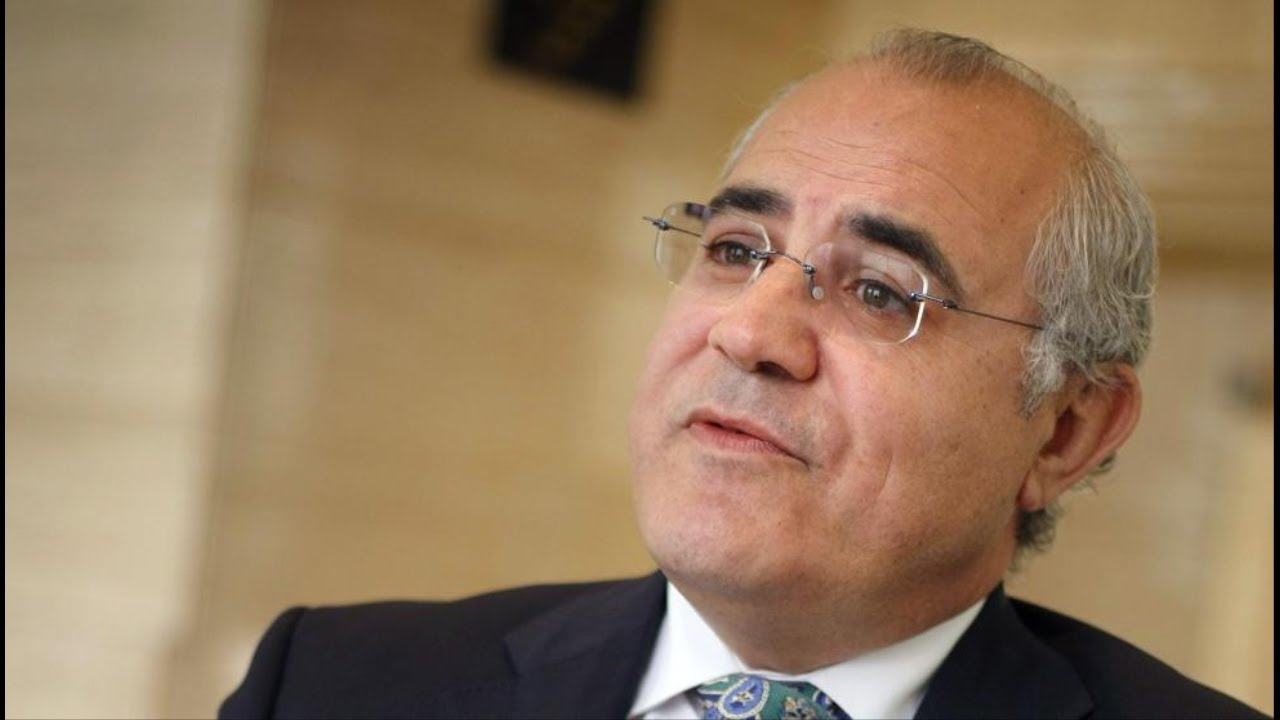Spanish judge Pablo Llarena, in charge of the investigation into last year's Catalan independence referendum, is studying the possibility of submitting an application for a preliminary ruling to the Court of Justice of the European Union (CJEU) over European Arrest Warrants and extradition procedures between EU member states.
At the same time that president Carles Puigdemont was leaving Neumünster prison, the judge, who has indicted him on charges of rebellion and misuse of public funds and issued an international arrest warrant, announced that he will study requesting a preliminary ruling from the CJEU.
This measure is used when a judge has doubts on the application of a European law in a specific case. In this case, the judge from the Schleswig-Holstein Higher Regional Court discounting the crime of rebellion, not seeing evidence of violence. This has taken apart Llarena's argument, the judge having indicted the whole Catalan government for rebellion.
But Llarena has no powers over German law, nor can he question it. As such, it remains to be seen how the judge finally lays out his application to the CJEU and what he asks exactly, about the European Arrest Warrant and its application or something else.
If he does send such an application to the court, consideration of the extradition warrant will be suspended in Germany until a verdict is reached by the court, located in Luxembourg.
The pause on the warrant would give Llarena time to replan his strategy after the setback suffered with yesterday's decision. That decision only leaves open the possibility of extraditing the president for misuse of public funds, meaning he couldn't be put on trial in Spain for the more serious charge of rebellion.
However, it's still unclear what Llarena's specific question to the court will be, or whether it will put into question the decision in Schleswig-Holstein yesterday.
The judge could ask about the scope of the German decision, whether the court exceeded its authorities when it considered whether or not Puigdemont had committed rebellion, or about the terms of a potential new request he could make of German authorities.
Llarena's decision comes after German prosecutors announced they saw no legal possibilities to appeal yesterday's decision. They could not, for example, appeal to the CJEU, whose role is to interpret EU legislation, guarantee its application is consistent around the member states and resolve litigation between national governments and the European institutions.
In their application for reconsideration, Puigdemont's defence counsel announced they also intend to present a request for a preliminary ruling from the CJEU to clarify whether Spain's Ley de enjuiciamiento criminal (Law on criminal prosecution) is compatible with European legislation.
They specifically ask about their clients having been deprived of the right to defence in Spain until they are extradited there.
Legal sources see Llarena's move as a smoke screen. It's still not clear he will present anything, but if he does so, they don't know what it could be about, as he can only present questions about the compatibility of Spanish and European law.

